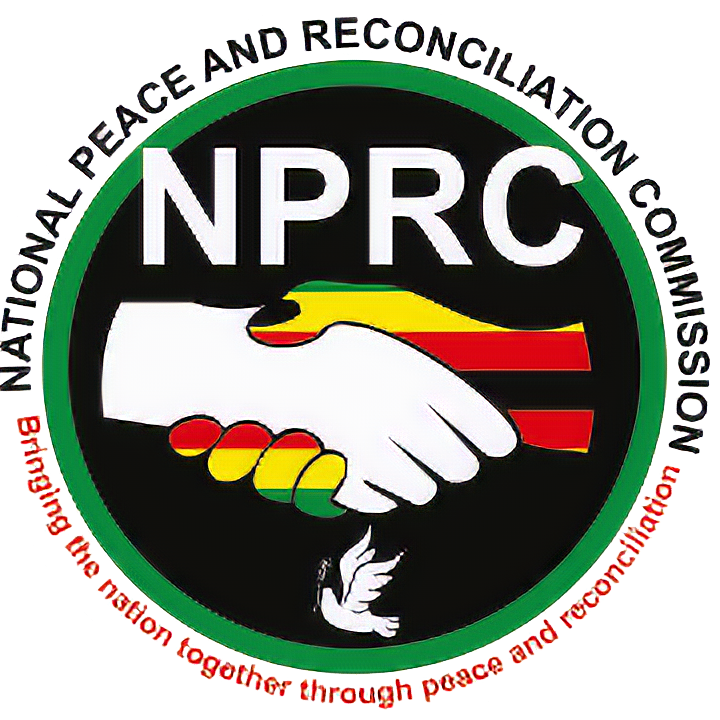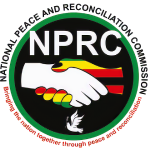
International Day of Peace: Shaping Peace Together
The world commemorates International Day of Peace on Monday, the 21st of September 2020, under the theme ‘Shaping Peace Together’. On the 30th of November 1981, the United Nations General Assembly resolved to establish the International Day of Peace, initially set to be observed every third Tuesday of September each year. Two decades later in 2001, the 21st of September was designated as the day to commemorate the call for global harmony, strengthening the ideals of peace and non-violence, alleviation of conflicts and cessation of intra and inter-state hostilities. The International Day of Peace provides a universal period for all mankind to make a pledge to peace; even despite our unique differences and to contribute to building a culture of unity, tolerance and harmonious co-existence.
At each annual commemoration, the United Nations Secretary General pronounces the commemorative theme which becomes the commonly shared agenda for all nations to mobilize and support the need for peace. The theme for the 2020 International Day of Peace; ‘Shaping Peace Together’; has been so decided in recognition of the fact that amidst the ravaging Covid-19 pandemic which has thrown the whole world into turmoil, we are reminded more than ever before that what affects one part of the globe can easily spiral into every other corner. We should therefore work in solidarity with each other; collaborating efforts and cooperation across borders, sectors and our demographic divide to deal with arguably one of the worst global health crisis.
This commemoration is ominous, coming; in the case of Zimbabwe, Mozambique, Malawi and parts of Zambia; against the preceding year’s devastating natural disaster in the form of Cyclone Idai. At last year’s International Day of Peace tribute, aptly themed, ‘Climate Action for Peace’, we were reminded, as we do again this year, that natural disasters and pandemics pose a significant threat to community, national and global peace. In times like these, there is significant multiplication of tensions not least of which include competition for scarce resources; mistrust between citizens and institutions; livelihood insecurities; domestic and gender based violence; civil and political unrest; complaints related to enforcement; cross border and inter-state tensions; criminal related incidents and cases of stigma and discrimination all of which can easily become drivers of conflict.
The cry for peace is a global desire, expressed through many treaties and national laws. The Charter of the United Nations is clear on the need to pursue pacific ways of dealing with disputes (Article 33) and has set up infrastructures to support peaceful resolution of conflicts. Also among the United Nations’ life changing objectives as expressed in Sustainable Development Goal 16 is the call for the promotion of peace, justice and strong institutions. Article 23 of the African Charter on Human and People’s Rights affirms the need to strengthen peace, solidarity and friendly relations. This is reinforced in the Africa Agenda 2063: ‘The Africa We Want’; whose Aspiration 4 yearns for ‘…strengthening mechanisms for securing peace and reconciliation at all levels’. The Southern African Development Community’s Treaty correspondingly emphasises the importance of solidarity, mutual understanding, good neighbourliness and peaceful settlement of disputes among its commitments to peace.
The Founding Values and Principles of the Constitution of Zimbabwe in Section 3(2)(j) and the National Objectives in Section 10 enjoin the State, every person, institution and agencies of government to work towards promoting national unity, peace and stability. The Constitution goes on the lay the groundwork for the democratic participation of every Zimbabwean in peace building and resolution of conflicts by setting up the National Peace and Reconciliation Commission (NPRC) among whose key functions include resolving past, present and future potential conflicts (Section 252). The country’s development strategy, the Transitional Stabilization Program recognises the importance of national cohesion; promotion of unity across the country and healing wounds of the past. This presents an opportunity to foster healing, reconciliation and harmony; tolerance of one another and extending mutual cooperation among different political parties, thus setting the necessary tone for tolerance and co-existence among people of diverse opinions.
The absence of peace comes at a cost to individuals, societies and nations. Conflicts sometimes not only result in loss of lives and breakdown of relationships but there are significant economic, social, developmental, political and even environmental setbacks that come with unresolved conflicts. Oxfam International notes that between 1990 and 2005, there were 23 active conflicts in Africa, and a total of US$284 billion was lost in the process, which money could have been used on health care, sanitation and other human development needs for the countries. According to the Institute for Economics and Peace; the annual global cost of containing violence was US$475 billion between 2017 and 2018. The global economic impact of violence was US$14 trillion in 2018, equivalent to 11.2% of global GDP or US$1853 per person. Without doubt, even in the absence of financial quantification, Zimbabwe has suffered significant financial losses which can be directly or indirectly linked to conflicts.
The 2020 commemorations of the International Day of Peace thus provide an opportunity to re-energise the National Peace and Reconciliation Commission’s vision for a peaceful Zimbabwe for all generations which it seeks to achieve by uniting all Zimbabweans and transitioning from a conflictual past to a peaceful and harmonious future. This is an onerous responsibility but nonetheless not insurmountable. Zimbabwe carries a burden of past conflicts, some of which stand in the way of achieving national unity and cohesion. This has resulted in marked levels of polarization, antagonism and disharmony. The rallying point which the NPRC Act [Chapter 10:32] Section 6(2)(b) strongly advocates for, is for every Zimbabwean, and institutions in like manner, to join hands in being agents of peace and reconciliation for our nation to move forward.
The National Peace and Reconciliation Commission is mindful of the importance of ‘Shaping Peace Together’ as we commemorate the International Day of Peace. Various efforts have been put towards the inclusion of women, men, youths, people with disabilities, political parties, traditional leaders, faith based society, veterans of the liberation struggle, academia, the media, labour, business, government and civic society institutions, among others, in supporting the cause for peace and unity in Zimbabwe. The Commission is buoyed by the United Nations Security Council Resolution 1325 of 2000 which actually reinforces the pivotal role of women in the prevention and resolution of conflicts, peace negotiations, peace-building, peacekeeping, humanitarian response and in post-conflict reconstruction. Inclusive infrastructures for peace are being developed at national and subnational levels to ensure that together as Zimbabweans, we work towards a united, reconciled, healed and cohesive nation.
Zimbabweans from all corners have pleaded for people of all affiliations to unite; reduce polarization; minimise hate speech against each other; respect traditional values of Ubuntu; celebrate our dynamism, differences and preferred affiliations; reduce divisive political and natural resource based conflicts; secure closure over past national conflicts and restore trust and confidence in public institutions. In the same manner that we are collectively unified in weathering the Covid-19 storm, we can equally ‘Shape Peace Together’ by uniting towards creating a better and peaceful Zimbabwe for all generations. As the 2014 Nobel Prize winner Malala Yousafzai says, ‘Let us bring equality, justice, and peace for all. Not just the politicians and the world leaders, we all need to contribute. Me. You. It is our duty.’ The unifying call by the late Cde John L. Nkomo makes the compelling plea for us to cherish that ‘Peace begins with me; peace begins with you; peace begins with all of us.’
Stay safe, put on your mask, observe physical distancing, sanitize and help shape peace together!
By: Joseph Mashingaidze



